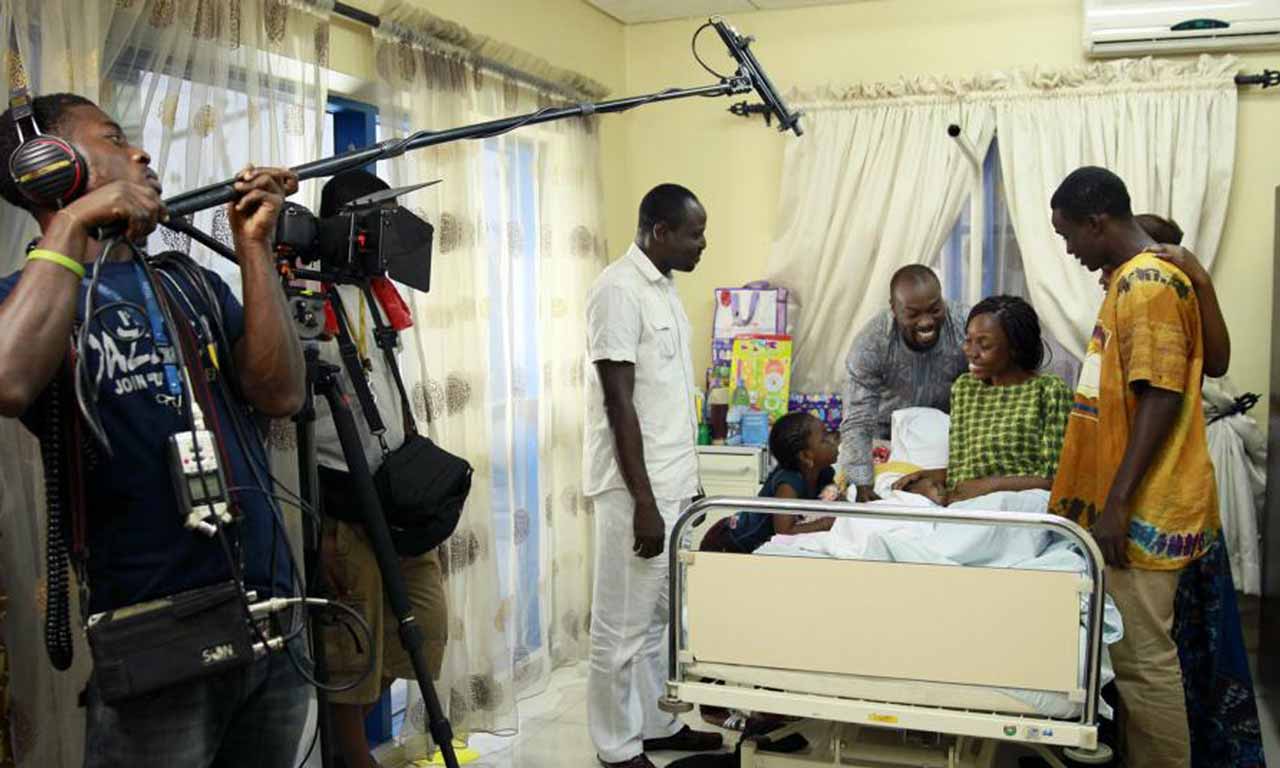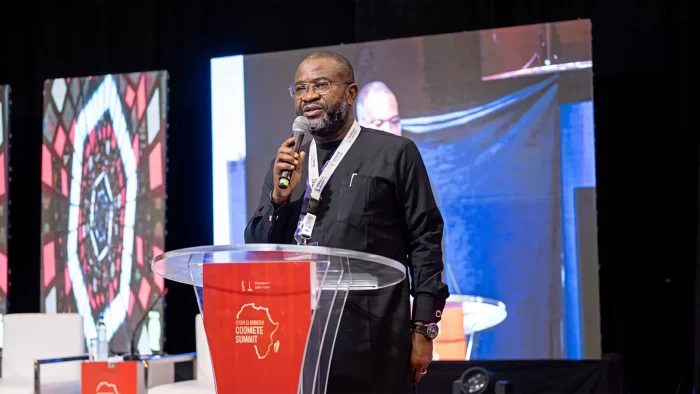
There are high hopes for a better film production outing for Nigeria this year. Already, the Nigerian Film Corporation is set to expand and strengthen its operations through robust partnerships and collaborations with capabilities of engendering the accelerated growth of the industry. This assurance was given by Dr. Chidia Maduekwe, NFC’s Managing Director.
To show its readiness, the film corporation intends to accelerate the signing of many outstanding co-production agreements as possible, beginning with that between Nigeria and France, in Paris, from January 13 to 17. Efforts are also on to ‘re-engage’ South Africa, China, Germany as well as Morocco to fast track the signing of film co-production agreements between them, which will go a long way to signposting the Nigerian film industry as a veritable investment sector.
Maduekwe said last year was challenging in terms of the ratings for the country’s film industry, when benchmarked against expectations and projections. He was, however, quick to add that there was no need to despair because indications are that the Nigerian film industry this year will fare better than it did in the out gone year. To him, the film industry will continue to provide millions of job opportunities to Nigerians, including wealth creation. Maduekwe is very optimistic that with the various expansions in the film production value chain, especially the explosion of digital platforms, there was bound to be increase in the number and volume of investments.
[ad]
The Nigerian creative industry is currently estimated to contribute about 10 percent of the nation’s GDP, a feat many are hopeful would increase significantly in the next decade, especially with various policies and programmes introduced by the Federal Government, under the present administration of President Muhammadu Buhari, aimed at tapping into the soft power of the creative sector. Taking a cue from the Economic Recovery and Growth Plan (ERGP) and the Policy on Ease of Doing Business.
Maduekwe said that the NFC has mapped out various strategies to tackle the various challenges and impediments to the growth of the film industry this year and beyond. This includes robust NFC – industry stakeholders’ engagement, which is intended to secure their commitment to achieve the needed successes within the shortest possible time. It is also committed to bringing all stakeholders on board, “so that the needed synergy required in leapfrogging the industry, from its present state through President Mohammadu Buhari-led government support under the auspices of NFC programmes can be achieved seamlessly,” the NFC boss said.
Other areas include the provision of training and retraining opportunities for filmmakers. This, he said will be achieved through increase in professional and entrepreneurial training and capacity building programmes across the country, some of which will be undertaken in collaboration with industry stakeholders, state governments, members of the National Assembly and international partners. Also, “we will deploy the vast resources of the National Film Institute across the nation to train as many young Nigerians in film production,” he said.
Also, “we have developed through the approval of the Minister of Information and Culture, Alhaji Lai Mohammad, a robust strategy that would support some select Nigerian film and stakeholders’ participation in specialised international film festivals and markets,” Maduekwe said.
The NFC boss was quoted as saying that the collaboration between it and the Defence Headquarters in Nigeria is set to yield tremendous success for industry stakeholders and the nation at large from 2020. He said that already several Nigerian filmmakers have stared benefitting from the NFC-Defence Headquarters relationship; giving further assurances that on or before the end of the first quarter of 2020, NFC will solidify the industry stakeholder’s cooperation and partnership with Nigeria Police Force. This partnership will unleash the inherent creativity embedded in such assistance by the Force to produce feature length and short series on crime prevention and other related stories.
[ad]
ZUMA Film Festival, Nigeria’s flagship film festival, which since 2017 has been held yearly, would continue to be strengthened and sustained to achieve the desired results, Maduekwe said.
Maduekwe further said that, the NFC would in 2020 straighten its equipment and physical facility support mechanisms, so that many more film stakeholders can access them. He said that efforts would be intensified to establish other NFC Cineplex, in other Film Production Centres of the country to support the exhibition of films. This is in addition to the Corporations quest to, in conjunction with other key regulatory agencies; develop a mobile app for film distribution, which robustly featured and was endorsed by filmmakers at ZUMA film festival 2019.
No doubt, the global claim to fame for Nigeria’s Nollywood movie industry has typically been its volume of production, which at a point is ranked second behind only India’s Bollywood.With emphasis on low-budget and high-volume production, Nollywood movies became hugely popular at home and across Africa and the diaspora. This, however, affected standard, as the industry became known more for poor quality films.But the past decade has seen a new generation filmmakers shift focus from quantity to quality—a move that’s yielding increased international recognition and has seen Nollywood movies increasingly attracting desired audiences at local cinemas and film premieres.
[ad]








